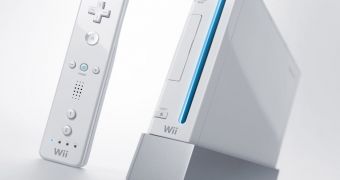An investment review coming from Digi-Capital suggests that video game hardware developers might never launch a ninth console generation because of the impact that digital distributed content, online gaming and mobile devices will have on the video game industry.
The PlayStation 3, the Nintendo Wii and the Xbox 360 are judged to be part of the seventh generation of video game consoles and the company believes that a new wave of devices will be launched by 2014 and will sell well until 2016.
But all hardware creators will face strong competition from digital distribution, which will make progress on home consoles, and from online and mobile gaming.
The Global Video Games Investment Review 2011 from Digi-Capital says that OnLive and the tech behind it will be able to create long-term challenges for companies like Microsoft, Sony, Nintendo and even retailer GameStop.
The iPad and other tablet devices will also affect the video game industry, but the report says that this might take more time than initially though.
By 2016 the gaming space will be dominated by casual games, social and online gaming (think MMOs and mobile gaming) and by the rise of digital based experience.
The report states, “Many major console publishers are struggling to adapt to online/mobile, and are not driving online/mobile games investment.”
The report adds that online and mobile games will “grow total video games market size to $87 billion” and will have a 50 percent share of that revenue.
At the moment Digi-Capital says that 46 percent of current overall console unit sales are linked to the Nintendo Wii, with the Xbox 360 from Microsoft taking 28% and the PlayStation 3 from Sony coming in third at 26.
Nintendo just announced its new Wii U home console at the E3 trade show, set to arrive at some point in 2012, and it is widely expected that both Sony and Microsoft will announce new platforms during the coming year.

 14 DAY TRIAL //
14 DAY TRIAL //